A prominent tactical gear provider, London Bridge Trading Company (LBT), has recently settled for nearly $2.1 million due to allegations brought under the False Claims Act.
The settlement exposes LBT’s deceptive practices, including falsely labeling foreign-made products as American-made. The Department of Defense, the Office of Inspector General, and the General Services Administration collaborated to uncover these actions and hold LBT accountable.
The Allegations and Settlement: Uncovering Deceptive Practices
The allegations against London Bridge Trading Company (LBT) revealed deceptive practices in their manufacturing and marketing of tactical gear. LBT agreed to pay nearly $2.1 million to settle False Claims Act allegations.
These allegations included failure to comply with the Buy American Act, Trade Agreements Act, and Berry Amendment. LBT had submitted false claims for American-made products that were actually manufactured in foreign countries.
To deceive consumers, the company replaced original foreign manufacturers’ tags with tags that read ‘Made in USA.’ LBT’s products were marketed as 100% made in America, and they were offered for sale to all federal agencies on the government-owned website GSA Advantage!
The settlement addressed various textile-based products purchased by the Department of Defense, including clothing, armor, boots, belts, bags, and medical pouches.
Products Purchased by the Department of Defense: Examining the Impact
When examining the impact, it’s clear that the Department of Defense’s purchase of products from London Bridge Trading Company had significant consequences.
The Department of Defense purchased various textile-based products from LBT, including clothing, armor, boots, belts, bags, rope, slings, backpacks, and medical pouches. These products were marketed as 100% made in America, but the settlement revealed that they violated the Trade Agreements Act and the Berry Amendment.
This means the products were falsely claimed to be American-made when manufactured in foreign countries. The United States purchased these products through the Defense Logistics Agency’s supply center, which raises concerns about the integrity of the government’s procurement process.
This case highlights the need for increased scrutiny and accountability in the defense industry to ensure taxpayer dollars are spent on genuine American-made products.
Qui Tam Provisions and Relator Involvement: Seeking Justice for Deceptive Acts
Seeking justice for deceptive acts is crucial to holding companies accountable for their fraudulent practices. Relator involvement and qui tam provisions play a significant role in this process.
In the case of the Tactical Gear Company’s deceptive practices, a relator, who happened to be an employee of the company, brought claims under the qui tam provisions of the False Claims Act. These provisions permit private individuals to file actions on behalf of the United States government.
In this case, the relator had a personal interest in the safety and security of the United States military. The alleged scheme posed a threat to the integrity of military operations. Therefore, the relator’s actions were not only driven by a desire for justice but also by a genuine concern for the well-being of the military.
As a result of the settlement, the relator will receive a share of the settlement proceeds. This financial incentive is designed to encourage individuals to come forward and expose fraudulent activities. It serves as a reward for the relator’s efforts in exposing the deceptive practices of the Tactical Gear Company.
This case highlights the importance of relator involvement and qui tam provisions in pursuing justice for deceptive acts. By empowering private individuals to take action and incentivizing their efforts, these mechanisms play a critical role in exposing and holding companies accountable for their fraudulent practices.
Holding Contractors Accountable
The multi-million dollar settlement against London Bridge Trading Company exposes the company’s deceptive practices in falsely claiming their products were made in America.
This case highlights the importance of government agencies collaborating to ensure the integrity of government contracts and hold contractors accountable for their actions.
Image credit: London Bridge Trading Company

